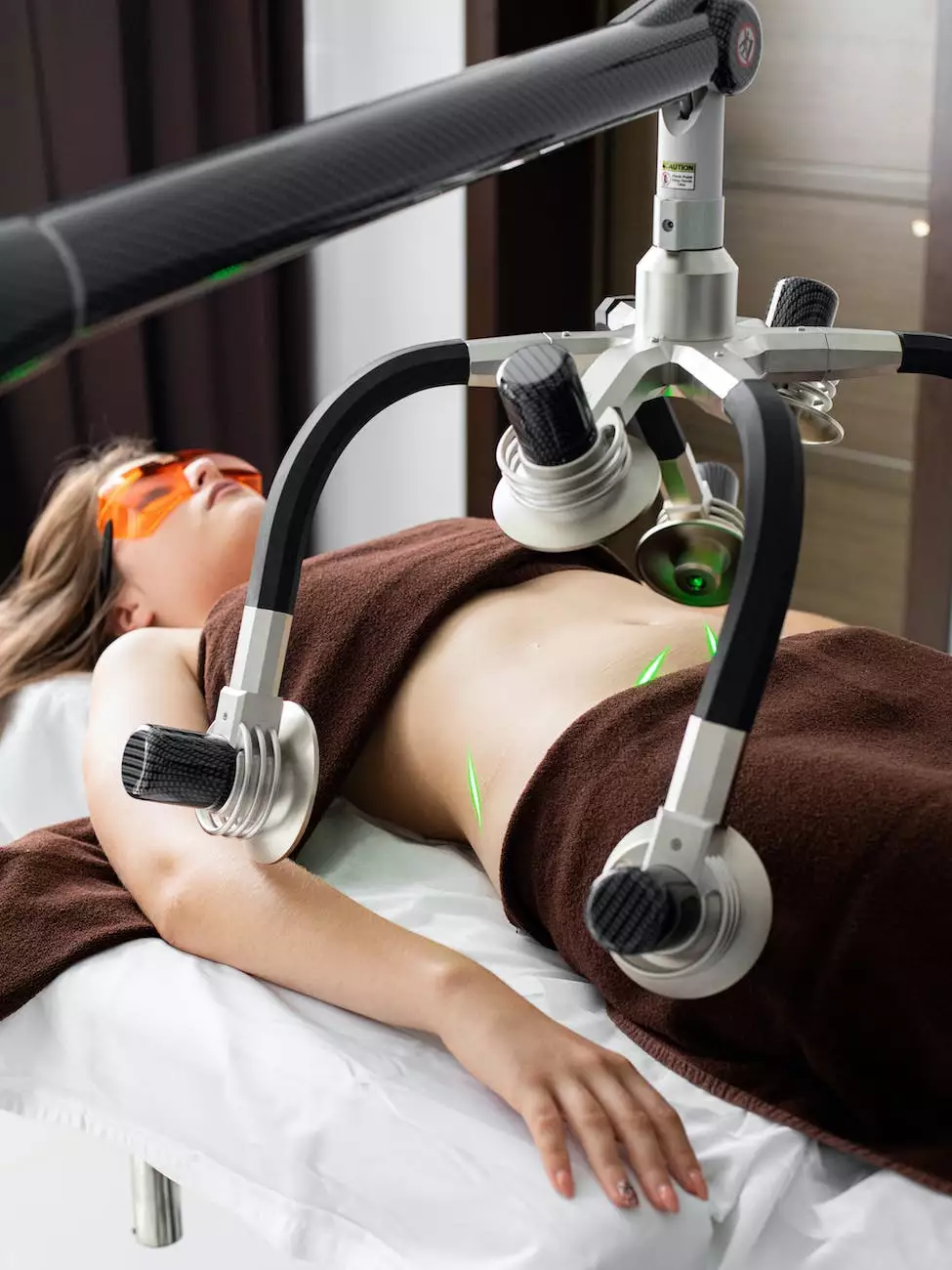6 At-Home Cancer Screening Tests
Services
Introduction
Welcome to Benjamin Shettell, MD's comprehensive guide on at-home cancer screening tests. In this article, we will explore six different tests that can be performed in the comfort of your own home. Early detection of cancer is crucial for successful treatment, and these tests can provide important insights into your health.
1. Breast Self-Exam (BSE)
One of the most common at-home cancer screening tests, a Breast Self-Exam (BSE), allows women to detect any changes in breast tissue. By performing regular self-exams, individuals can familiarize themselves with their breasts and identify any abnormalities, such as lumps or changes in size or shape.
It is crucial to follow a structured approach during a BSE to ensure accurate results. Benjamin Shettell, MD recommends performing the exam a few days after your period ends, when the breasts are less likely to be swollen or tender. By using a combination of visual and tactile techniques, you can effectively screen for any potential breast abnormalities.
2. Skin Self-Exam
A Skin Self-Exam enables individuals to monitor their skin for any irregularities or changes that may indicate skin cancer. This at-home screening method involves closely examining the skin's surface, including moles, freckles, and other skin lesions.
Benjamin Shettell, MD suggests performing a monthly skin self-exam to track any developments over time. By using a well-lit room, a full-length mirror, and a handheld mirror, you can effectively assess your body for any suspicious growths or changes in color, shape, or size.
3. Colon Cancer Home Test Kit
Colon cancer is a serious condition that can be detected early through regular screening. A Colon Cancer Home Test Kit provides a convenient way of conducting stool sample testing in your own home, without the need for a doctor's visit.
These kits typically include instructions on how to collect a small sample of your stool and mail it to a laboratory for analysis. The results can provide valuable information about the presence of blood or other markers that may indicate the need for further medical evaluation.
4. Prostate-Specific Antigen (PSA) Home Test
For men, a Prostate-Specific Antigen (PSA) Home Test can help identify potential prostate issues, including prostate cancer. This blood test measures the levels of PSA, a protein produced by the prostate gland.
While this test can be performed at home, it is important to note that further medical evaluation is usually required to confirm or rule out any potential concerns. Benjamin Shettell, MD recommends discussing the results with a healthcare professional for accurate interpretation and guidance.
5. Cervical Cancer Screening (Home HPV Test)
A Cervical Cancer Screening, also known as a Home HPV Test, allows women to check for the presence of high-risk types of the human papillomavirus (HPV) at home. HPV is a common sexually transmitted infection that can lead to cervical cancer.
These tests often involve collecting a vaginal sample using a swab and mailing it to a laboratory for analysis. In cases where high-risk HPV is detected, further medical consultation and follow-up testing may be necessary to assess the risk of developing cervical cancer.
6. Genetic Testing for Hereditary Cancer
For individuals with a family history of certain types of cancer, genetic testing can provide crucial insights into potential hereditary cancer risks. These tests can be performed at home using a saliva sample, which is then sent to a laboratory for analysis.
By analyzing specific genes associated with hereditary cancers, these tests can identify genetic mutations that may increase an individual's risk of developing certain types of cancer. Benjamin Shettell, MD recommends discussing the results with a genetic counselor or healthcare professional to understand the implications and formulate a proactive health plan.
Conclusion
Performing at-home cancer screening tests can be an empowering step towards maintaining your health. While these tests can provide valuable insights, it is important to note that they should not replace regular medical check-ups and consultations with healthcare professionals.
Benjamin Shettell, MD encourages individuals to stay proactive about their health and to consult with a medical professional for accurate interpretation of test results and personalized guidance based on their individual circumstances.










